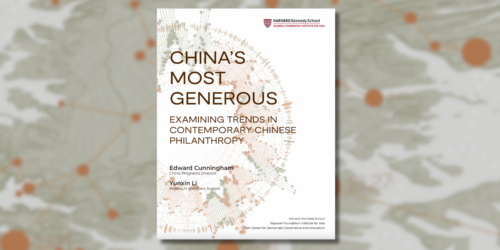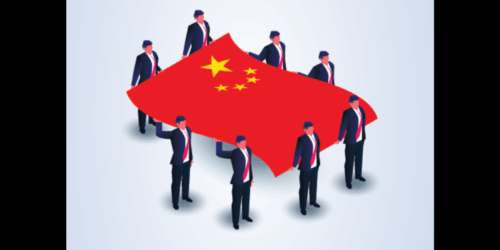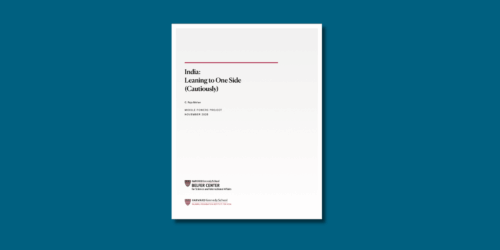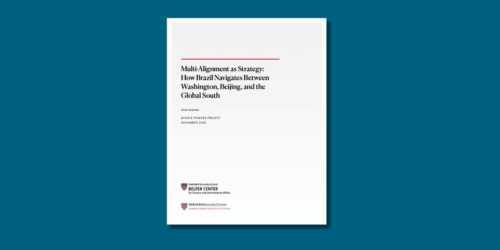CAMBRIDGE, MA —The Rajawali Foundation at Harvard Kennedy School invites you to read “China’s Most Generous – Examining Trends in Contemporary Chinese Philanthropy”, which provides insights into current trends among China’s major donors and recipients.
This report on elite philanthropy presents the latest findings from the Harvard Kennedy School Rajawali Foundation Institute for Asia’s China Philanthropy Project and provides insight into current trends in Chinese giving. The new findings highlight significant points of change from past data, including individuals topping the giving list, which is usually dominated by corporations. In addition, with the decline of COVID-19, the geographic distribution of donations reverted to its prior pattern, in which donors contributed more locally rather than across regions.
The research team reviewed annual reports and articles covering 13,000 charitable foundations and organizations as well as 2,600 universities. The over 18,000 donations covered equaled nearly two-thirds of China’s national estimated giving.
The five largest donors in 2021 (the most recent year of systematic data available) included a sole individual and four private companies:
Wang Xing, a prominent Chinese entrepreneur and internet executive, best known as the founder and CEO of Meituan, one of China’s leading e-commerce platforms for services.
Total Donation: $2.30 billion
Tencent Holdings Ltd., one of China’s largest privately owned technology companies, is a multinational conglomerate headquartered in Shenzhen.
Total Donation: $296.33 million
Contemporary Amperex Technology Co., Ltd., commonly referred to as CATL, is a Chinese battery manufacturer and technology company founded in 2011. It specializes in the research, development, manufacturing, and sale of energy storage systems and lithium-ion batteries.
Total Donation: $213.06 million
Taikang Insurance Group Co., Ltd., is an insurance and financial services conglomerate headquartered in Beijing. Its core business ranges from life insurance to asset management. It has been listed in the Fortune Global 500 for six consecutive years.
Total Donation: $207.75 million
Alibaba Group, founded in 1999, is a comprehensive conglomerate in mainland China that focuses on providing a wide range of Internet services. Alibaba’s services include B2B trading, online retail, shopping search engine, third-party payment and cloud computing services.
Total Donation: $186.86 million
The full report can be found here.
Contact:
Courtney Carter DeJesus
Assistant Director of Communications
courtneycarterdejesus@hks.harvard.edu
About the Rajawali Foundation Institute for Asia
The Rajawali Foundation Institute for Asia at the Ash Center for Democratic Governance and Innovation advances research and teaching about policy challenges both within the region and Asia’s place in the global community. The Institute works to deepen understanding of the region, explore possibilities for innovation, and advance important initiatives that will affect millions of lives in Asia.







